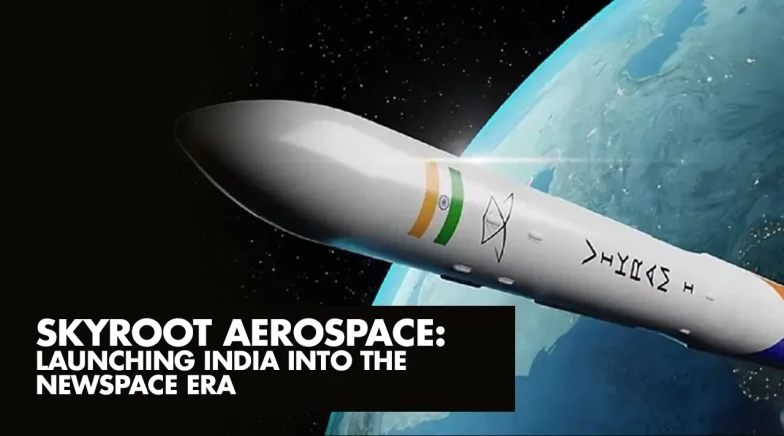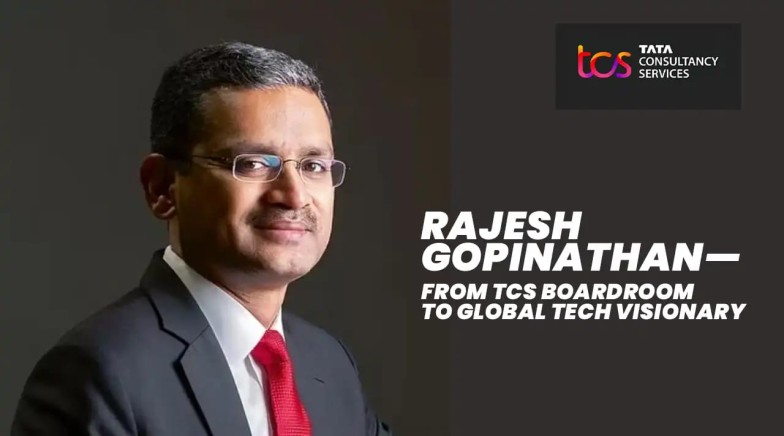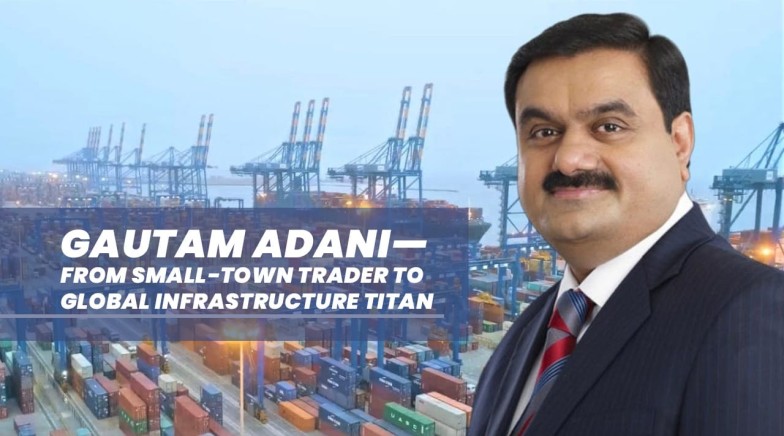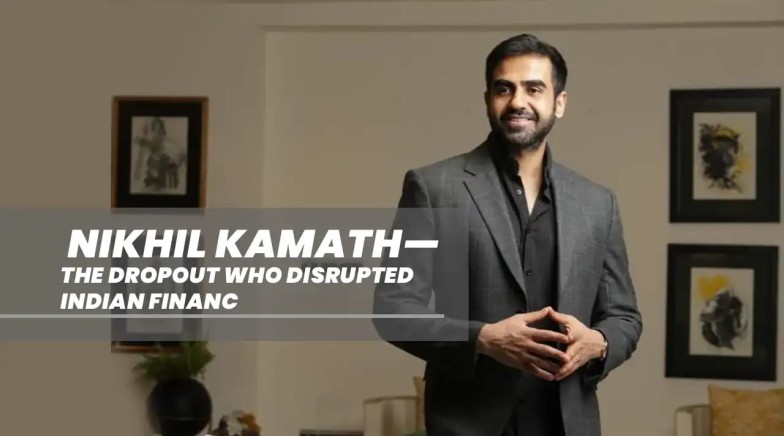Skyroot Aerospace: Launching India into the NewSpace Era

- Created Jul 01 2025
- / 436 Read
Skyroot Aerospace: Launching India into the NewSpace Era
India's space ambitions are no longer nurtured exclusively by the ISRO. A quiet revolution is happening in the private sector — and in this whole undercurrent is a young, bold company: Skyroot Aerospace. Based in Hyderabad, Skyroot has zoomed past most startups to stand as a beacon of India's NewSpace era
The Early Days: Dreamers with a Purpose
Skyroot was founded in 2018 by Pawan Kumar Chandana and Naga Bharath Daka, two former scientists with ISRO. They left the comfort of their government jobs to dive into the then less-charted waters of private space ventures in India. Their aim was simple yet audacious: manufacture cost-efficient and reliable rockets for small satellite launches.
The name Skyroot means taking roots in the sky — a poetic imagination to help corporations, nations, and even individuals reach out into space.
Breaking the Wall: The Vikram Series
Their flagship — Vikram-S, India's first privately developed rocket, created history on November 18, 2022. After launching from ISRO-run Sriharikota spaceport, Vikram-S flew into the sky, marking a monumental milestone that saw India’s private space industry take its first breath.
Far more importantly, this mission was executed in just two years, quite an unbelievably short time for the duration of a rocket development cycle — a feat which only exemplifies the company's dynamic culture.
Propelling the Spirit of Innovation: Tech and Team
Skyroot builds its rockets using modern and advanced technology. Their engines are 3D-printed, which helps save both time and money. The rockets are made with carbon-fiber material, making them lightweight and more efficient. Skyroot also created India’s first cryogenic engine by a private company, called Dhawan-1, named after the famous Indian space scientist Satish Dhawan.
These tech successes are backed by a young and passionate team of engineers, scientists, and space lovers — most of them are under 35 years old. With a fast and flexible working style, they have brought a modern, startup-like energy to India’s space journey, similar to what we see in Silicon Valley.
Fueling the Dream: Funding and Partnerships
Without sound backing, Skyroot's foray would hardly have been possible. The startup has managed to raise over $90 million from eminent investors like Greenko Group founders, Sherpalo Ventures (set up by Ram Shriram from Google), and GIC (Singapore sovereign fund). This funding helped build manufacturing facilities, set up test infrastructure, and ramp up engineering teams.
The Indian government has contributed fairly. In 2020, the Government of India opened up the space sector to private players and set up IN-SPACe (Indian National Space Promotion and Authorization Center). This allowed Skyroot and others to use ISRO facilities and expertise — a real game-changer for the industry.
Skyroot is a role model for India’s private space sector, showing that Indian startups can build world-class space technology.
Off the Map and Into the Space
Skyroot has big plans for the future. Its roadmap includes orbital launches, dedicated satellite missions, and even space tugs — special vehicles designed to move satellites into their correct positions in space. One of their upcoming rockets, Vikram I, will be able to carry up to 290 kilograms to low-Earth orbit. With this, Skyroot aims to bring a fast, flexible, and affordable launch option for small satellite missions in India — something that was mostly available from foreign companies before.
Skyroot also has a bold goal: to cut the cost of reaching space by up to 90%. They plan to do this by using reusable rocket parts, automation, and mass production techniques — following a path similar to what SpaceX has done in the United States. If successful, this could make launching satellites much more affordable for businesses, research institutions, and even universities.
The timing couldn’t be better. The world is entering a new space age, with over 100,000 satellites expected to be launched by 2030, thanks to the rise of internet constellations, Earth observation tools, and communication networks. Skyroot wants to tap into this growing global market and become a major player in providing launch services for the next generation of satellites.
By offering low-cost, reliable, and quick launches, Skyroot is not just building rockets — it’s helping India become a key part of the international space economy. Their journey from a small startup to a space pioneer is not only inspiring but also a strong sign that India’s private space sector has truly taken off.
For Add Product Review,You Need To Login First






















